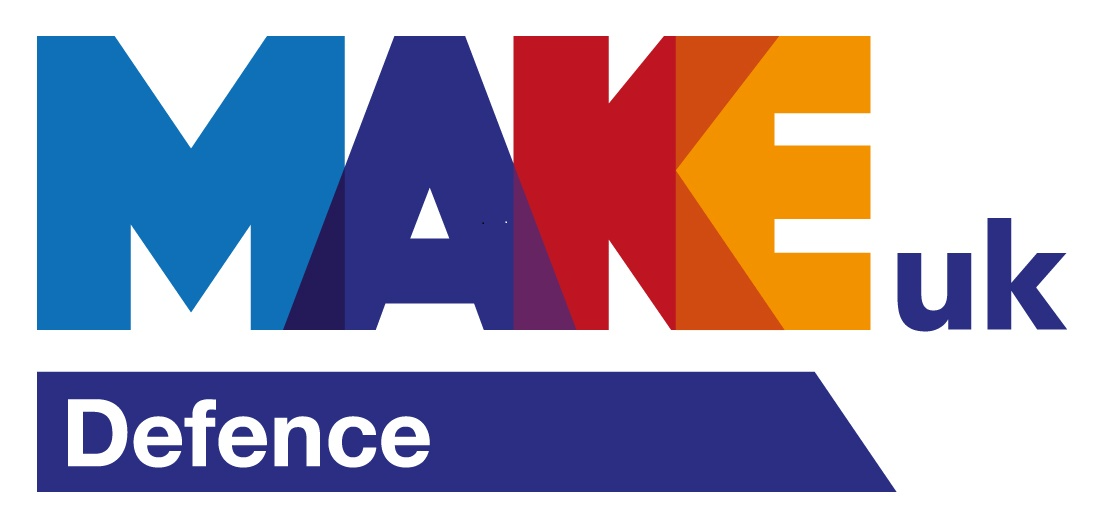
Where success begins
0330 1340 274
hello@theojamesrecruitment.com
Where success begins
0330 1340 274
hello@theojamesrecruitment.com
Where success begins
0330 1340 274
hello@theojamesrecruitment.com
New Title

Quick links
0330 1340 274
hello@theojamesrecruitment.com
Theo James Recruitment Ltd
Suite 2,
Chancery Court,
Belmont Industrial Estate
Durham
DH1 1TW


Site Configuration
:::

Upload
Cancel
Select an icon
Upload Dialog
Login Dialog
Sample Title
Where would you like to go?
We sent a confirmation email to your inbox. Follow the instructions there to complete your registration
© Theo James Recruitment Ltd, Suite 2, Chancery Court, Belmont Industrial Estate, Durham, DH1 1TW.

